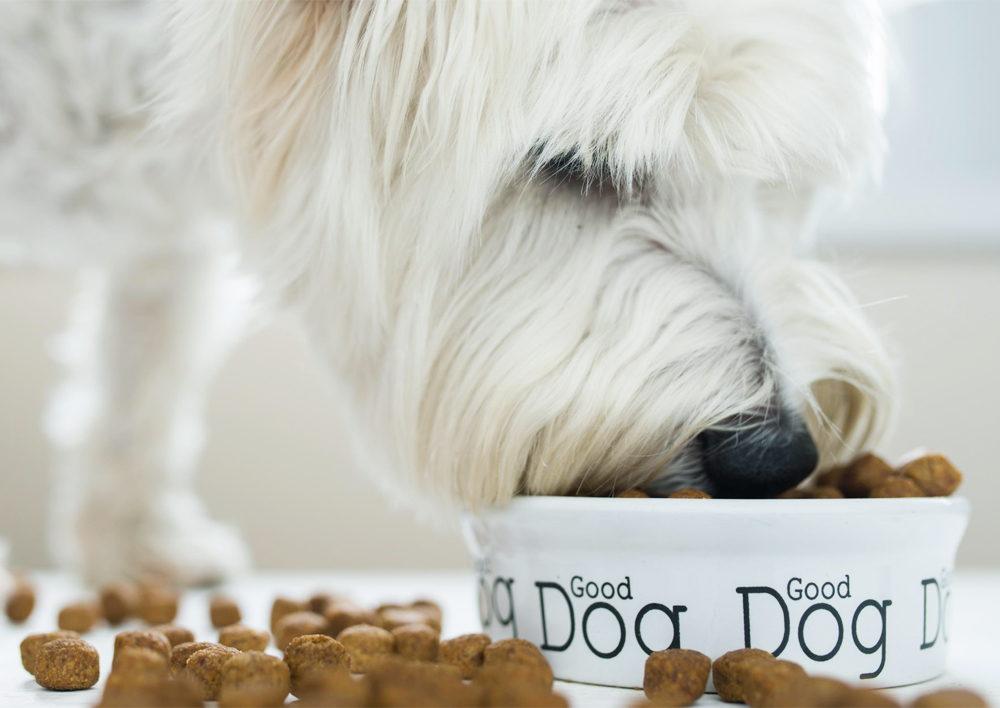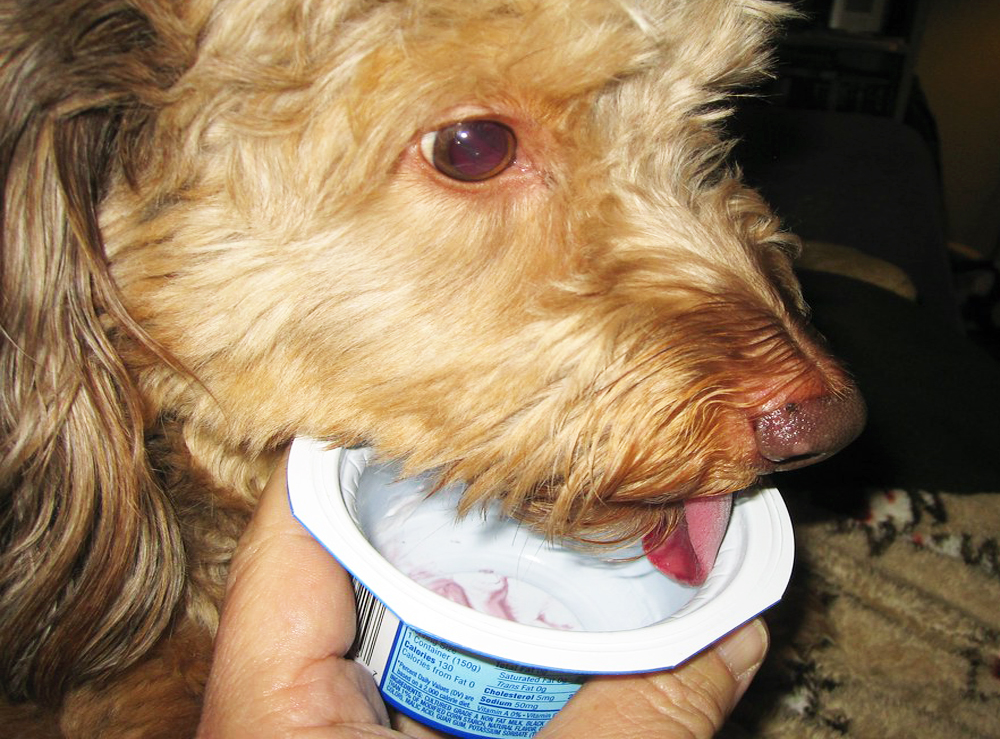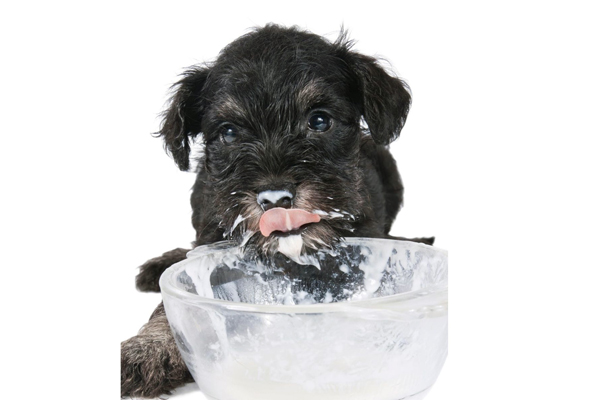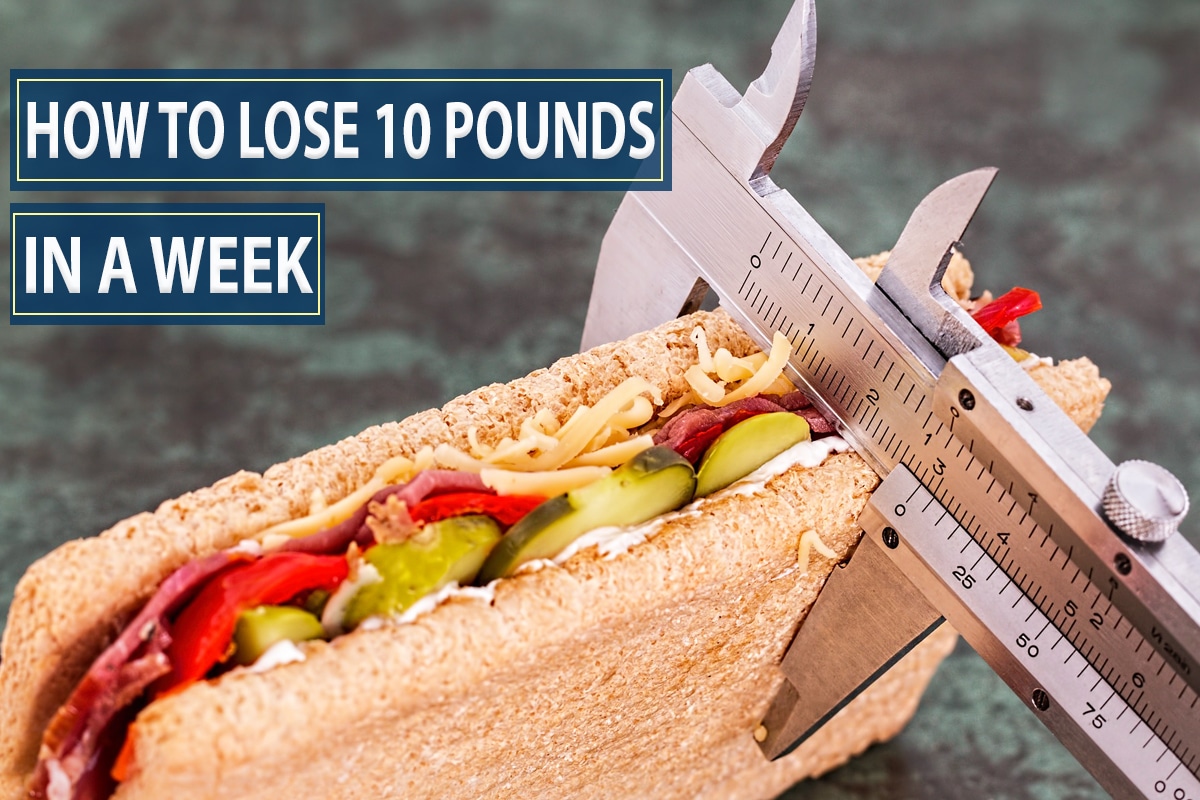Yogurt is packed with nutrients such as calcium, proteins and probiotics that help support digestion. Yogurt is a nutritious food that has been consumed by humans for hundreds of years. But can dogs eat yogurt? we are going to know the answer by this post.
What is Yogurt?
Yogurt is an acidic milk product, because lactic acid bacteria are added to the milk. This causes the milk to acidify and a fermented product (melds, yeasts or bacteria are added to a product).
During this process, the taste, structure or appearance is changed. In this way yogurt is made from milk. The yogurt for sale in the supermarket has matured between four and five hours.
Overall, it is indeed possible to share yogurt with your favourite four-legged friend, but vets warn that just because it’s safe doesn’t mean it’s the best choice for every dog.
Nutrients in yogurt:
- Protein
- Calcium
- Vitamin B2, B6, B12
- Phosphorus
- Folic acid
- Zinc
Can dogs eat yogurt?
Can dogs eat yogurt? Yogurt contains lactose, which can be dangerous for dogs if they consume too much. If your dog has eaten yogurt, that’s okay, but avoid eating too much.
Small dogs and puppies are more likely to suffer from the effects of too much lactose and develop diarrhea and other complaints. Preferably do not give yogurt to your dog or puppy.
Yogurt to which colors and flavors have been added is completely out of the question.
Is yogurt dangerous for a dog?
Yogurt may seem nice to your dog, but in the body of dogs, the lactose in yogurt cannot be broken down properly. What is safe is natural yogurt with live fermentation.
In this type of yogurt, the lactose has already been converted to other products and is not harmful. Certainly with puppies who are still very young and do not have a mother dog, it can be tempting to put down a bowl of yogurt to replace the mother.
However, there is a good chance that the puppy will get diarrhea. Optionally, you can replace yogurt with special dog milk powder and dilute it with some water.
Consequences of eating yogurt for a dog
Dogs need the enzyme lactose to digest yogurt. However, this enzyme is not produced in many dogs, so animals may experience problems after eating a lot of yogurt. The consequences of eating too much yogurt in dogs are similar to a food intolerance.
Many types of yogurt contain sugars and other additives that are not suitable for dogs. In fact, an artificial sweetener like stolidity can lead to a rapid drop in blood sugar and potentially be deadly.
Symptoms if a dog has eaten too much yogurt
Do you suspect your dog has had too much yogurt? Then look out for the following symptoms and signs:
- Vomit
- Diarrhea
The severity of the complaints can vary at a time and do not occur immediately after eating the yogurt. Does your dog suffer from a food allergy? Then there is a response almost immediately.
What to do if your dog has too much yogurt?
Do you think your dog has eaten too much yogurt and is therefore suffering from diarrhea? Then dehydration is a risk, if in doubt, contact your vet and let your dog drink plenty of water.
Yogurt as probiotics
An additional advantage of yogurt is the lactic acid bacteria that remain in the yogurt. These can give a boost to the intestinal flora if it is disturbed. The effect is partly dependent on the lactic acid bacteria used.
Types of Yogurt
There are some different types of yogurt in this time. This is separate from the different flavor variations, in which sugar and flavorings are usually added and sometimes with fruit.
The flavored yogurt is not recommended at all times. The additives to the yogurt are not good for your dog!
But there are also many variations in white yogurt. The old-fashioned Dutch yogurt, for example, has a low-fat, a half-full and a full version. These terms say something about the fat content. For example, the low-fat yogurt contains less than 0.5% fat, the semi-skimmed, 1.5 to 1.8% and the full-fat yogurt at least 3%.
The foreign variants such as the Greek or Turkish yogurt usually contain 10% or more fat. This is because the yogurt is thickened further or because substances are added to it.
Thickened yogurt with a high fat percentage or additives is not suitable for your dog.
Better Organic yogurt?
Organic products are in principle free from residues of antibiotics, fertilizers and pesticides. That is certainly an advantage. In addition, the preparation of organic yogurt is usually just a bit “old-fashioned” than that of conventional yogurt. As a result, the percentage of healthy bacteria in organic yogurt is often higher.
That’s why dog can have yogurt!
Are you exited to know about can dogs eat yogurt? If you choose normal yogurt with less than 3.5% fat, you have a healthy and tasty snack for most dogs. The lactic acid bacteria in the yogurt support the intestinal flora and they affect the taste of the blood and pH of the skin, making your dog less attractive to fleas.
If your dog is extremely intolerant to lactose, it is better not to take the risk. Kefir can usually be a good alternative.
Give your dog yogurt
Giving your dog yogurt can sound like a healthy snack. We humans often drink a cup of dairy after dinner, or during breakfast. You have to pay close attention to your calcium balance, right?
But with so many products, we forget that the dog’s digestive system is different from ours.
Many dogs worldwide eat with the pot or feed on what can be found in our waste. They have been living side by side with people for so long that we almost believe that the dog should also have breakfast with a chocolate spread sandwich.
But dogs, both tame and feral, are descended from the wolf. This predator is what we call a real meat eater, adapting its entire body to the mere eating of animal tissue.
A direct and clearly visible indication for this is the dog and wolf teeth. This consists of twelve incisors, four canines, ten tubercles and sixteen cut teeth. In other words: teeth for tearing and cutting, not for chewing.
The gastrointestinal system also does not contain an extensive route to allow vegetable food to be digested and absorbed by the body. There are no bacteria present that can break down cellulose. Cellulose is a substance that is present in the cell walls of vegetable fibers.
Bottom Line
Hope we got the answer that can dogs eat yogurt? while you want to limit your dog’s “human” food, yogurt falls under the “ten percent” rule often used by vets, that is, treats like yogurt don’t exceed 10 percent of the calories your dog consumes every day. As such, factors such as your dog’s size and weight play a role in the amount of yogurt they can tolerate, as well as any underlying health issues.
Overall, adding a tablespoon to his or her food is likely to be a safe and welcome addition to your dog, who will at least reap some of the health benefits of yogurt while adding a new and exciting texture to their meal.
Now we can say that very small amounts of yogurt do not cause serious complaints. However, this is not to say that it is good for your dog’s health.















[…] ordering fresh, custom meals for your dog. If your dog isn’t lactose intolerant, then plain Greek yogurt, popcorn or cottage cheese can be enjoyed in small amounts, […]